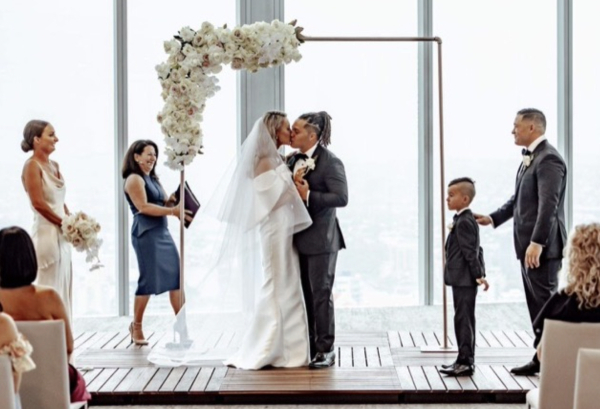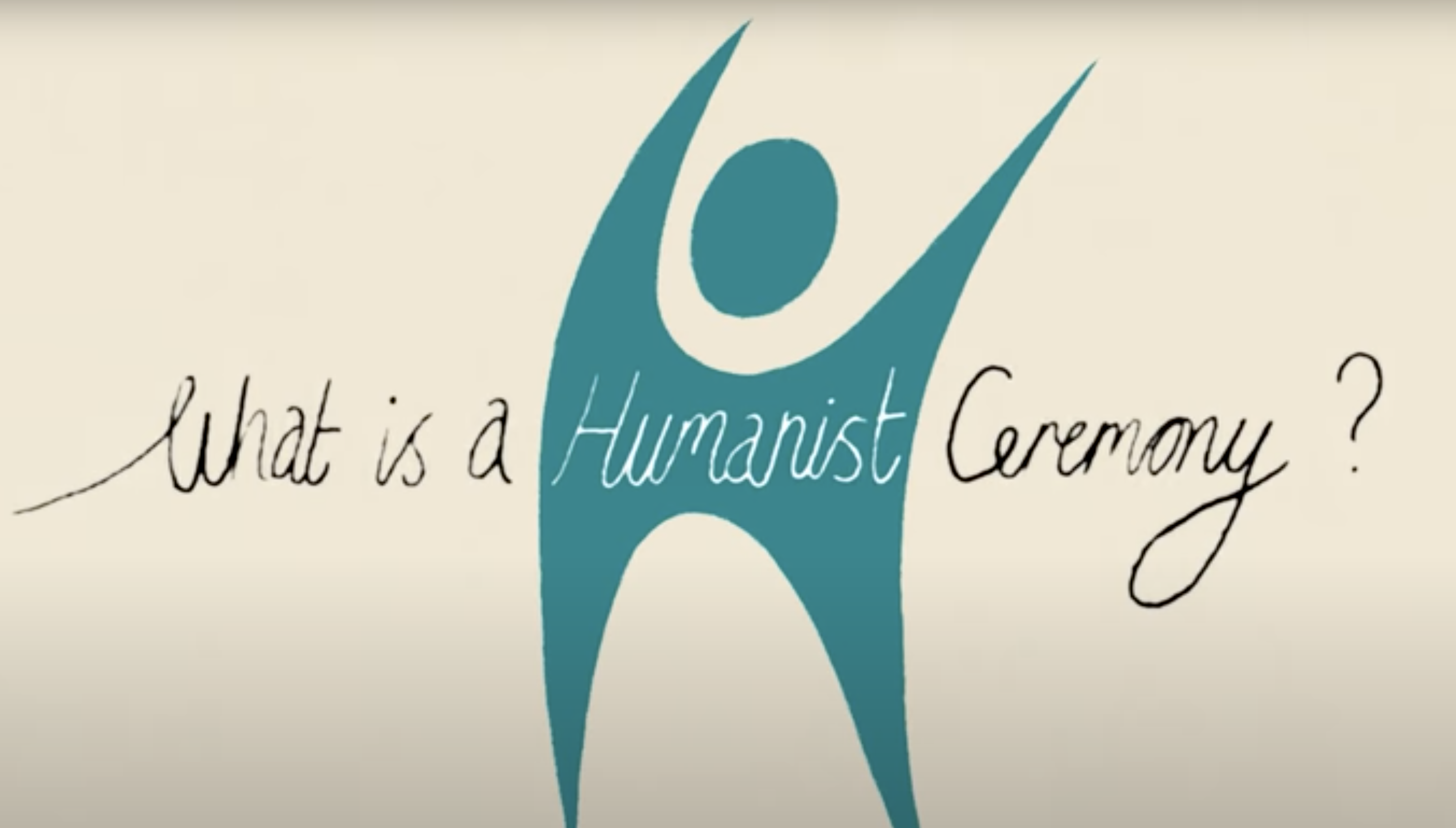Put simply - a civil ceremony is a non-religious legal marriage ceremony performed by a government official or functionary.
Australia has led the world in the development of civil ceremony for all occasions, not just weddings, for over 40 years.
A legally valid civil marriage ceremony requires a 'government official or functionary' - someone authorised by the governement under the Marriage Act 1961, like registered civil celebrants, to make it valid.
However, non-government registered people do offer a range of civil ceremonies as independent professional celebrants ie: family celebrations - baby naming ceremonies, vow renewals, committment ceremonies, birthdays, anniversarys, coming out ceremonies - all of which have no legal standing, therefore can performed by anybody in the community.
Civil ceremonies and celebrations for significant life events are designed and delivered to provide an inclusive environment in which to honour all people - respecting the diversity of their individual talents and skills; gender; sexual preference, race; family, educational, religious, social, cultural backgrounds; life experiences; beliefs; personal, emotional, spiritual, social and other needs.
This means some religious content may be included but only at the request of the couple or family.The power of ceremony is its ability to create a sense of community - to bond people together in healthy ways and to uphold and support them through times of changes.
A common misconception is that civil ceremonies are anti-religious and all civil celebrants are atheists and agnostics.
Civil ceremonies may include some religious content and may be delivered by celebrants who hold very religious beliefs or no religious beliefs at all - this is where you having a choice in who conducts your ceremony is very important. This is similar to the way in which the civil / public service deliver government services to a range of people, whether religious or not, and those government employed people are required to delivering those services without religious discrimination independent of their personal religious or non-religious beliefs.
How does a Civil Ceremony compare to a Registry Wedding?
The Marriage Act 1961 allows for couples to be able to be married by a civil celebrant:
- at any time, day or night
- on any day of the year including public holidays
- at any place provided the ceremony takes place in Australian or Australian territories (there are some limitations on private property and religious buildings)
A Registry Office marriage ceremony has more restrictions than a wedding ceremony provided by an independent civil celebrant. Being run by a government department, Birth, Deaths and Marriages staff (and local Court Officers in some states) are regulated by the rules of their employment.
This means the:
- time allowed for the wedding ceremony is restricted by their use of government buildings or venues paid for by the government.
- starting and finishing time of the ceremony is fixed so the Marriage Officer has no flexibility if the bride or groom is late.
- ceremony provided is very basic with limited choice by the couple
- Marriage Officer is determined by the Department's roster, and thus the couple have no choice of celebrant.
- use of confetti or rice is not allowed.
- number of guests are restricted by the size of the Government facilities offered.
An independent professional civil celebrant sets their own services, fees and program.
As independent celebrants are self employed, they can negotiate with couples the services they provide. Independent celebrants are trained and are able to personalise the marriage ceremony using their own creativity, skills and personality so marrying couples are able to find a celebrant to suit their own desires and needs.
This means:
- more choice about the day and time of your ceremony eg you may choose an early morning wedding and have a "real wedding breakfast" or a wedding at midnight!
- more choice about where the ceremony is held
- more choice in the theme of the ceremony, its participants, its wording, music etc.
- usually less stress for you and your guests in driving and parking as the celebrant comes to you, rather than you having to go to the Registry Office.
- you will be more relaxed because you'll be able to choose your celebrant and get to know them before the special day.
Click this video below by the British Humanist Society - "What is a Humanist Ceremony", narrated by Stephen Fry. It describes what we call Civil Ceremonies in Australia.
Image: TCN Celebrant Debbie Payne

